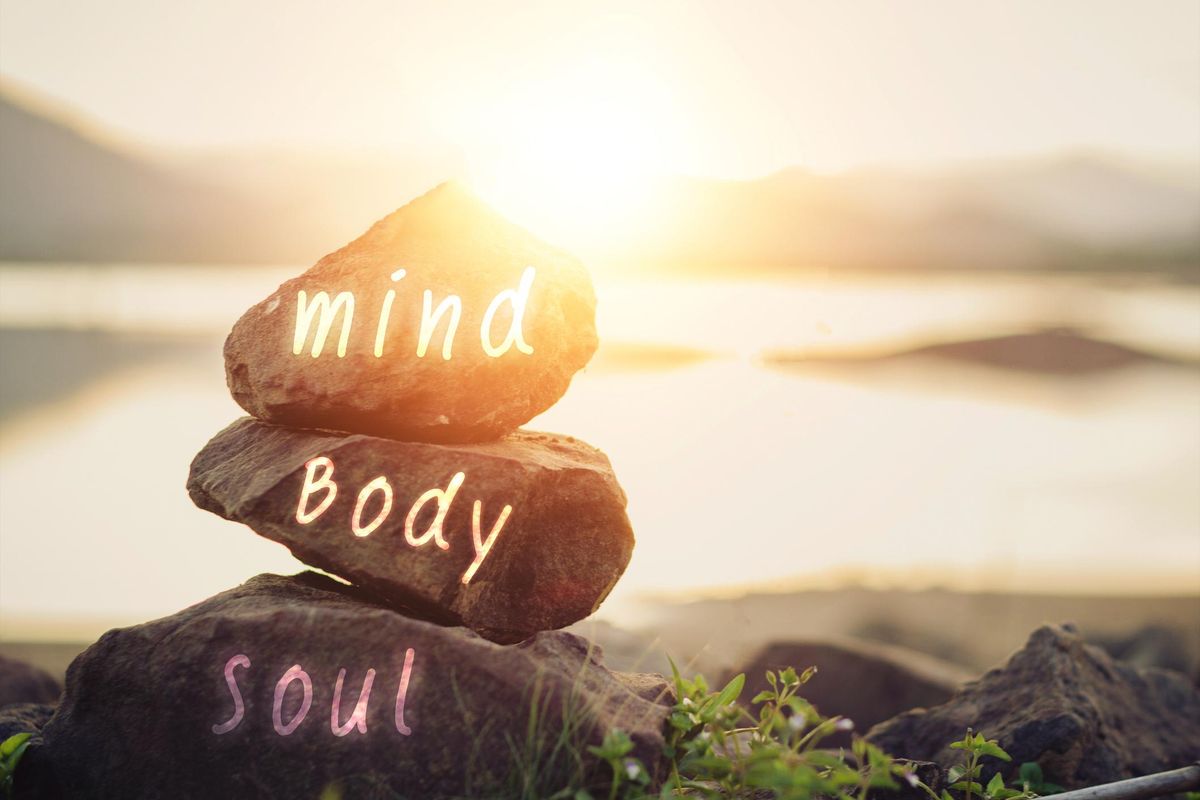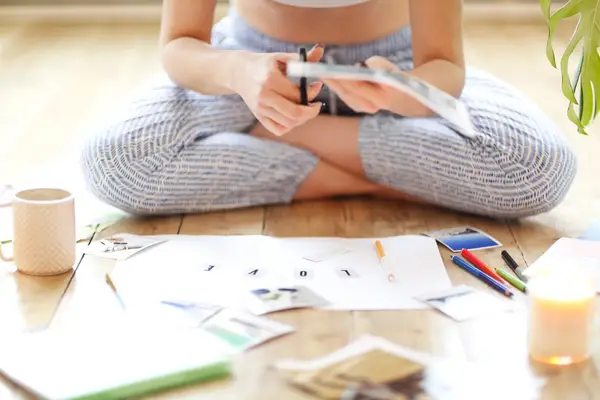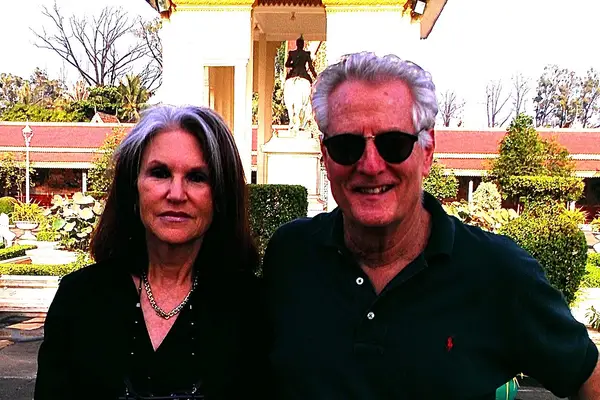Watch the video of HealthyWomen CEO Beth Battaglino and Patricia Geraghty, medical director of Women's Health, Comprehensive Wellness, discussing all things self-care on a recent Instagram Live.
For your best friend, it might be the thought of sinking down into one of those overstuffed chairs, submerging her feet in bubbly blue water and getting a relaxing foot massage before having her toenails painted in the season's hottest new nail color. For me, it can be as simple as taking a brisk walk in the early morning.
No matter what self-care looks like to you, it can help you recharge, manage life's challenges, and hit the reset button — which can be a much-needed boost to your mental and physical health.
To learn more about how self-care and our health are connected, I spoke with Saundra Jain, a psychotherapist and adjunct clinical affiliate at the University of Texas at Austin and member of HealthyWomen's Women's Health Advisory Council. Jain said that practicing self-care can decrease anxiety and stress as well as improve our well-being. "Self-care and mental health are two sides of the same coin."
She added that self-care is unique to the individual and what works for one person won't necessarily work for another.
For some, self-care in the form of manicures, massages and scented candles work well, but these specific practices may not be fulfilling or financially accessible for everyone. And that's OK. Self-care can come in many different forms: working out, enjoying hobbies, seeing loved ones, talking to a counselor, practicing yoga, taking art classes, spending time with animals, taking a nap, enjoying a meal, or even just being outside.
Jill Emanuele, Ph.D., senior director of the Mood Disorders Center at the Child Mind Institute in New York, suggests that when thinking about how to incorporate self-care, we should ask what our goals are, what we need, what is out of balance in our lives, and which approach to self-care will work best for us.
"Self-care is like filling up the gas tank. We need to refill our energy, otherwise it will get depleted," Emanuele said.
Self-care in your thirties and forties
Samantha Vinokor-Meinrath, a 31-year-old Jewish educator in Ohio, said that in her early- to mid-twenties she viewed self-care as socializing with friends and partaking in certain indulgences, but now that she's gotten older, self-care has a different meaning and is now more about trying new hobbies, often on her own.
Vinokor-Meinrath began knitting and taking knitting classes, even if she didn't know anyone else in the class. Taking her dogs for walks is another important self-care activity she enjoys. "I came to like being alone. I can do these things at my own pace — stay at the park longer and visit new parks. Self-care now is more about identifying what works and not always needing to share it or post about it. It can be just for me to enjoy."
Improving sleep habits can also be an important part of self-care. Emma Simmons, a 40-year-old nurse in Virginia, says that, for her, self-care is ensuring she gets enough shut eye. "Sleep is essential. My work hours have always been hectic, but when I don't prioritize sleep, I can feel my stress level go up."
Self-care can be challenging for those who are in the midst of caring for young children. Emanuele suggests trying to find small moments throughout the day to recharge. For example, you can take a moment for yourself to sit and enjoy your favorite coffee or snack while your children are engaged in an activity or your baby is in their crib. If support and resources are limited, instead of paying for childcare, close friends can take turns watching each other's children so each parent has a little alone time to recharge.
Self-care in your fifties and beyond
The reasons we practice self-care can change throughout the years. Jacinda Velez, a 53-year-old web designer in New York City says that her motivation for how and why she practices self-care is different in her 50s than it was when she was younger.
Velez says that she used to take long walks throughout different neighborhoods in the city to exercise. While she walked, she enjoyed people watching, looking at all the pretty buildings, and exploring the city. But in her 50s, Velez says her motivation for this form of self-care changed.
"I have always loved walking, but my self-care routine when I was younger was more about fitness and entertainment. Walking around the city for hours provided both, but now I don't have as much free time and my motivation for walking is less about fitness and entertainment and more about my mental health. Clearing my head, resetting my mind, and just having some time to myself."
Kathy Radigan, a 55-year-old writer and mother of three from New York, said that, when her children were younger, she often looked for self-care activities that she could do while she was home with her children. "Gardening was something I really enjoyed. I could be outside in the garden with my children nearby and get to do something I loved without having to worry about finding childcare."
But, at this point in her life, Radigan said, sometimes self-care can just be watching reruns of her favorite TV shows from her childhood that bring back happy memories. Radigan also joined a Facebook gardening group that has helped her connect to others with similar interests.
Dr. Sharon D. Allison-Ottey, executive director of The COSHAR Healthy Communities Foundation and a member of HealthyWomen's Women's Health Advisory Council, says that self-care is often seen as something for younger people, but it's just as important as you age. Self-care can look different to older people who may not have grown up with this notion. "They grew up in a different time. Self-care was not spoken about in the way it is now and it could be seen as being selfish or indulgent to take time just for yourself, especially if there are other people to take care of," said Allison-Ottey.
Claudia Long, a 66-year-old attorney in California, says that self-care changed for her in her 60s. "I used to think that I shouldn't be reading during the day — that was something I should wait to do at night, and during the day, I need to be doing something more productive — but now I have given myself permission to do more of the things that I enjoy and want to do."
Finding the right self-care is something that everyone deserves. "Keep reminding yourself that self-care isn't a selfish or indulgent act. It's a way to nurture and sustain better physical and mental well-being," said Jain.
Self-care suggestions:
- Go for a brisk walk to help clear the mind and relieve stress
- Do calming/breathing exercises. There are also different apps that guides users through relaxation exercises
- Try out different activities, such as journaling, knitting, reading, going for a bike ride, and learning to play an instrument
- Join a social media group that positively focuses on your interests
- Listen to music or a podcast
- Get enough sleep. At every age, sleep is crucial to wellness
- Watch a movie/TV show that will provide a much needed distraction
- Take a break from technology — sometimes we need turn things off to recharge
- Talk with a trusted friend or counselor
If you need mental health support, please contact NAMI, the 24-hour Crisis Text Line or SAMSHA.
- Practicing self-care can boost your physical and mental health ›
- Taking Small Self-Care Steps to Heal My Mind, Body and Soul ... ›
- Busy Moms, These Self-Care Tips Are Just for You - HealthyWomen ›
- Why We All Need to Practice Self-Care - HealthyWomen ›
- Self-Care Activities That Won't Break the Bank - HealthyWomen ›
- Facts About Personal Care Routines - HealthyWomen ›







